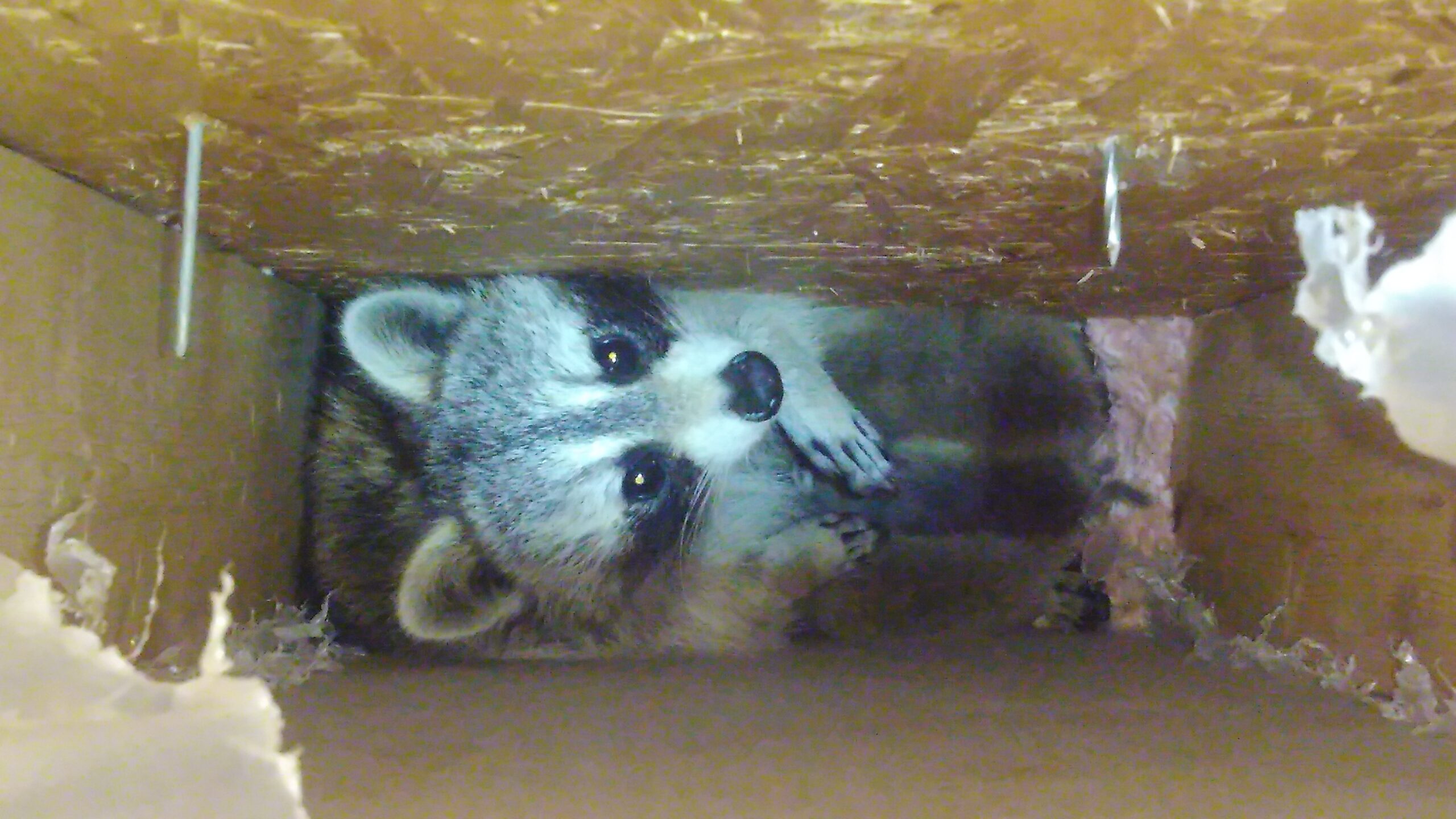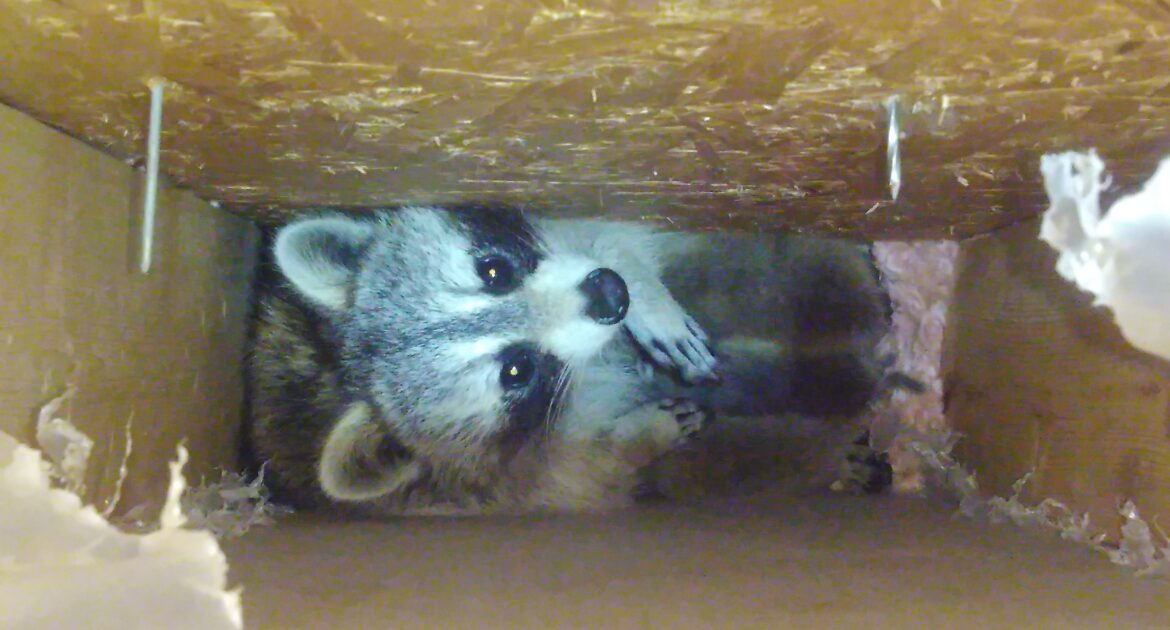Leaving pet food outside has become a common practice among pet owners, often out of convenience or the belief that it provides an easy access point for their furry friends. However, this seemingly innocent act can lead to several unintended and serious consequences. Chief among these is the potential to attract raccoons, animals that are particularly resourceful when searching for food. Raccoons have a strong sense of smell and are drawn to the scent of pet food, making your backyard an attractive dining spot for these nocturnal foragers.
What attracts raccoons is not just the smell of pet food but the promise of an easy meal, which can lead to a variety of problems. Raccoons are known to carry diseases such as rabies, which can be transmitted to your pets and even humans. They can also cause significant damage to property in their quest for food, ripping open trash bins, digging up gardens, and even attempting to break into homes. Our blog will delve into the myriad of dangers posed by leaving pet food outside, focusing specifically on raccoon attraction. We’ll also explore solutions, such as using a raccoon-proof pet feeder, to keep these crafty critters at bay.
Skedaddle Humane Wildlife Control in Milwaukee has seen first-hand the havoc raccoons can wreak when they find a steady food source in someone’s backyard. What do raccoons eat in Milwaukee? Practically anything they can find, but pet food is an especially enticing option. The rest of our discussion will outline effective strategies to avoid attracting raccoons, the importance of securing pet food, and the broader implications for your household safety and well-being. Make no mistake: leaving pet food outside can be a recipe for disaster when it comes to attracting raccoons and the dangers they pose to your property and family.
Raccoon Attraction and Habituation
Opening the door to the backyard, you might not immediately think of the nocturnal activities happening right under your nose. Yet, placing food bowls outside can quickly turn your peaceful haven into a hotspot for uninvited guests, especially raccoons. These intelligent creatures are adept at seeking out easy meals, and pet food left outside is like a neon sign inviting them to dinner.
When raccoons find a reliable food source near humans, they can become habituated, losing their inherent wariness of people. This adaptation can lead to them regularly visiting your property, expecting dinner to be served. Over time, raccoons may come to rely heavily on these human-provided meals, altering their natural behaviors and making them more comfortable around people.
Once raccoons become accustomed to sourcing food from residential areas, their regular visits can lead to an expectation of human interaction. The shift in behavior makes them more daring, sometimes even brazen, when approaching homes and gardens. Our team at Skedaddle Humane Wildlife Control in Milwaukee frequently sees this change in behavior, highlighting the importance of managing food sources to prevent long-term animal issues.
Property Damage and Destruction
Those charming bandit masks and bushy tails hide a more destructive side. When raccoons decide your home is a buffet, they’re not just dining—they’re redecorating. From gardens to outdoor structures, nothing is off-limits once they begin their nocturnal foraging.
Raccoons are notorious for their capabilities in causing damage to properties. These animals have strong paws that are perfectly suited for digging and burrowing. They might dig up your garden or tear through landscaping in search of grubs and insects. Outdoor structures, such as decks and sheds, can also fall victim to their curiosity and hunger.
Their dexterity allows them to manipulate objects with surprising skill, which can lead to broken planters, overturned trash cans, and even damage to outdoor furniture. The cost of repairs can quickly add up, making proactive management essential. Our team often advises homeowners to secure potential food sources and inspect properties for vulnerabilities that raccoons might exploit.
Disease Transmission and Health Risks
While their antics might seem amusing from a distance, raccoons can pose serious health risks to humans and pets. These animals are carriers of various diseases, some of which can be transmitted to people and domestic animals. Understanding and mitigating these risks is crucial for maintaining a safe living environment.
Rabies is perhaps the most well-known disease carried by raccoons. Though rare, it is highly dangerous if transmitted to humans or pets. Beyond rabies, raccoons can also carry distemper and leptospirosis. Distemper is particularly concerning for dogs, as it can spread rapidly and is often fatal.
Transmission of these diseases can occur through direct contact with raccoon saliva, urine, or feces. Even indirect contact, such as touching contaminated soil or surfaces, can pose a risk. This is why it’s essential to manage raccoon presence around your property actively. We recommend keeping pet feeding areas clean and ensuring that any waste is promptly disposed of, minimizing the chances of disease transmission.
Aggressive Behavior and Attacks
While raccoons generally prefer to avoid confrontation, certain circumstances can lead to aggressive behaviors. An encounter with a cornered raccoon can quickly turn dangerous, highlighting the need for caution and respect when dealing with these creatures.
When raccoons feel threatened or trapped, they may resort to defensive behaviors, which can include growling, scratching, and biting. Such attacks can result in painful injuries that require medical attention. Pets, being naturally curious, are also at risk of provoking defensive actions from raccoons.
Though rare, these encounters serve as a reminder of the potential dangers that come with attracting raccoons to residential areas. To reduce the risk of aggressive interactions, maintaining a safe distance and securing food sources are key preventative measures. Additionally, educating family members about the proper ways to avoid raccoon confrontations can further enhance safety.
Long-term Consequences and Infestation
Welcoming raccoons to your property, even unintentionally, can have long-lasting consequences. A single raccoon might seem harmless, but over time, a few visitors can turn into an infestation, causing ongoing damage and distress.
When raccoons discover consistent food availability, they may begin to exploit these resources, adapting to the environment and creating a more permanent presence. This can lead to increased numbers and recurring visits, making it challenging for homeowners to reclaim their spaces.
Addressing raccoon issues is crucial for preventing infestations. Regularly checking for and sealing potential entry points around your home can prevent them from accessing indoor spaces. Our wildlife control technicians focus on humane methods, utilizing strategic deterrents to dissuade raccoons from settling in residential areas.
Partner with Skedaddle for Effective Raccoon Control
Leaving pet food outside can be a beacon for uninvited guests, most notably raccoons. These intelligent creatures quickly adapt to finding reliable food sources, which can lead to them becoming regular visitors to your property. As they grow accustomed to human-provided meals, raccoons can lose their natural fear of humans, making them bolder and more troublesome. The resulting property damage, disease risks, and aggressive behavior underscore the importance of controlling raccoon attraction from the start.
Taking proactive steps to prevent raccoon attraction and infestation is crucial. This includes securing pet food, installing raccoon-proof pet feeders, and ensuring that all potential food sources are well-managed. Regularly inspecting your property for vulnerabilities and sealing possible entry points will help deter these nocturnal foragers.
At Skedaddle Humane Wildlife Control in Milwaukee, we understand the challenges of managing raccoon activity. Our experienced wildlife control technicians are equipped to identify and address raccoon issues on your property using humane and effective methods. We work closely with homeowners to implement strategies that deter raccoons and prevent long-term infestations.
Understanding what attracts raccoons is the first step in protecting your home. From what raccoons eat in Milwaukee to installing a raccoon-proof pet feeder, we have the knowledge and tools to help you maintain a safe and raccoon-free environment. Contact us to request a quote and learn more about our comprehensive wildlife control services. Together, we can ensure your home remains a sanctuary from unwanted wildlife guests.




